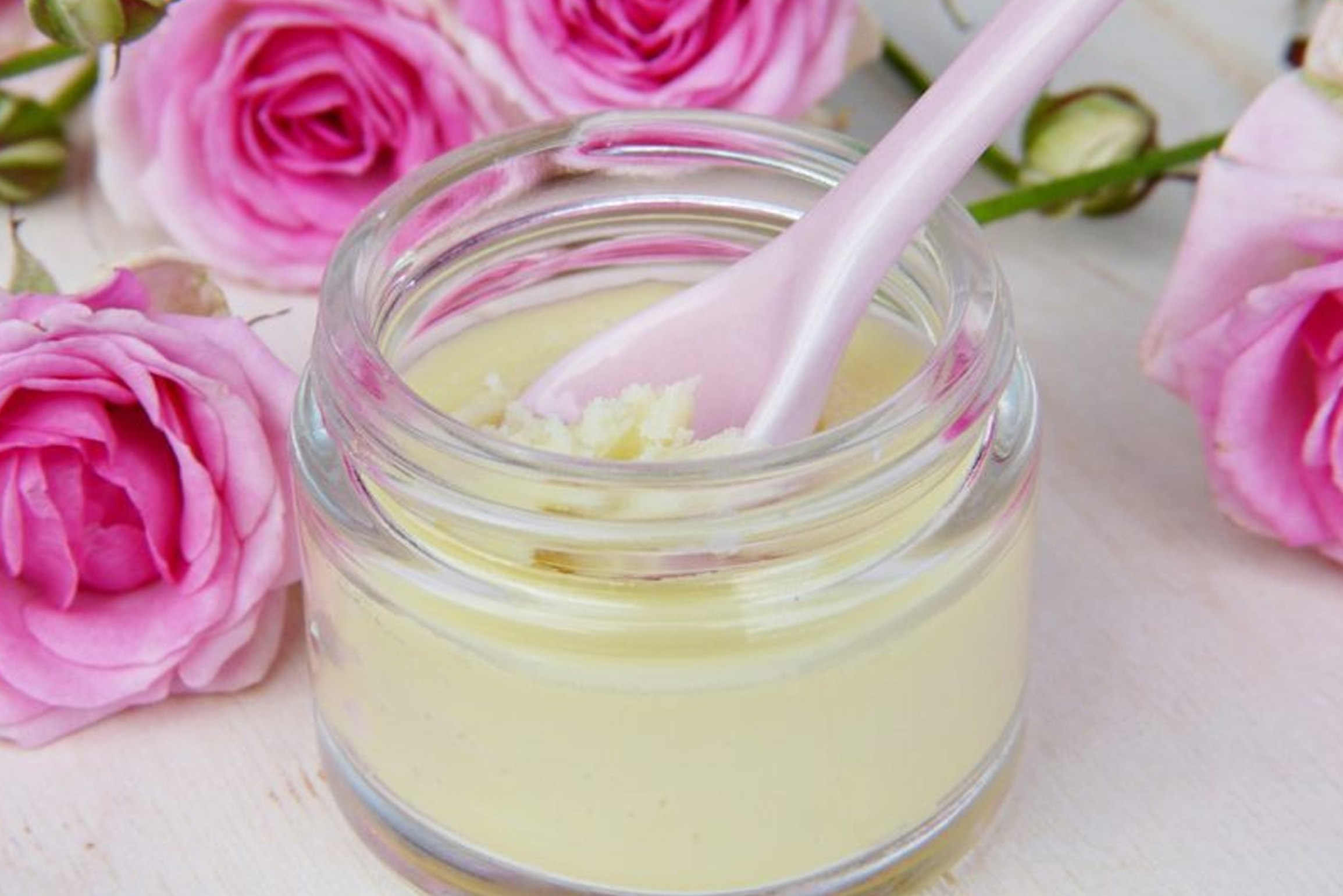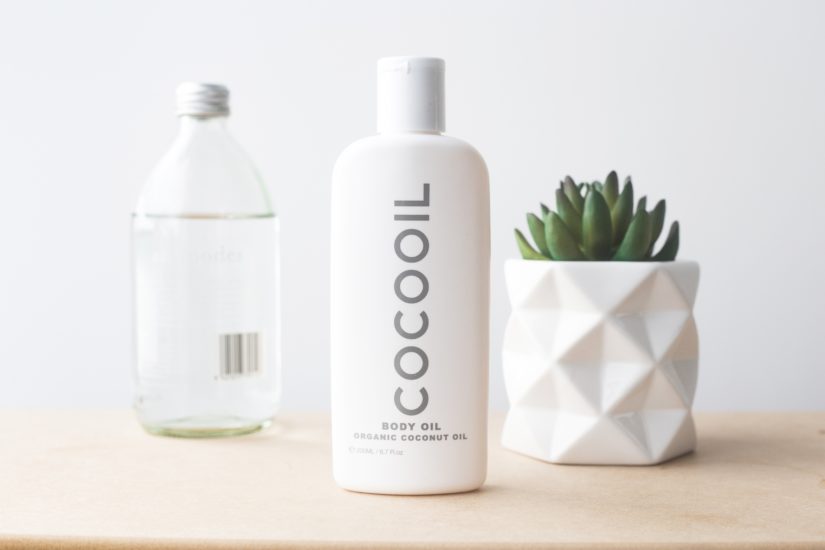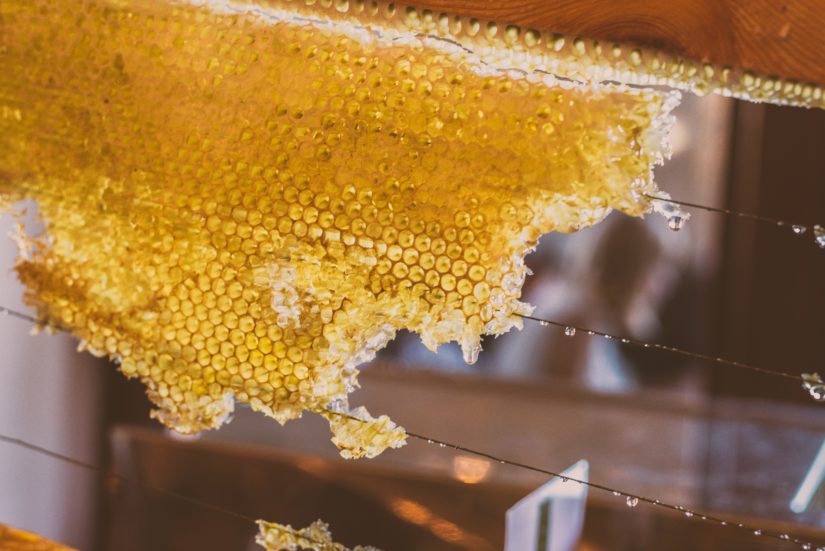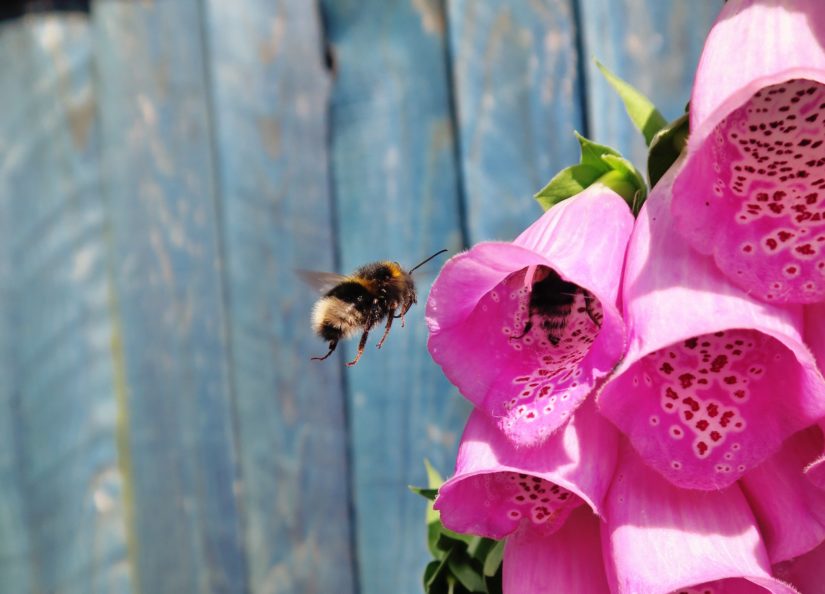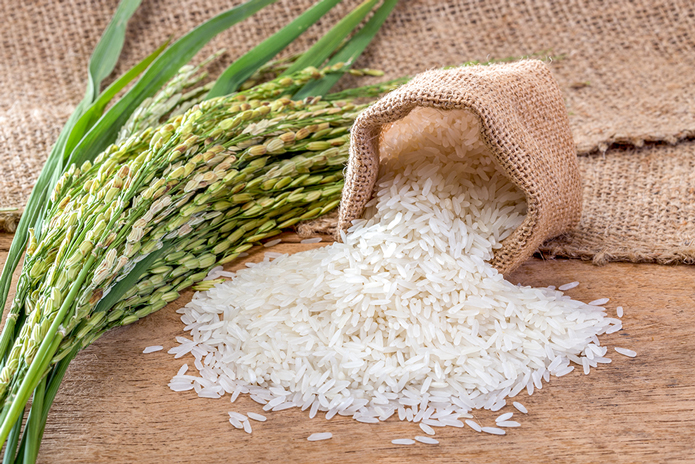Organic cosmetics take good care of your health
Organic farming doesn’t just benefit the end users of its products, it’s also better for the environment. By being less dependent on oil-based fertilizers and pesticides, organic farming methods offer a practical model for addressing the climate-friendly production of food and beauty ingredients. This method of farming also stores higher levels of carbon in the soil.
Organic farming, and Organic Boosting, recognizes the direct connection between our health and the way that our food and our organic beauty products are produced. Organic farmers typically take a holistic approach that respects and harnesses the power of natural processes to build positive health across the ecology of the farm.
We must be aware of the food we eat, as well how we nourish our skin. Because everything we put on our body is absorbed inside us. That’s why organic cosmetics are essential for our body balance and our health.
Let’s have a look at what are the most used ingredients in organic skincare products:
Organic beauty oils
- Argan oil. This super-nourishing oil from the fruit of the Moroccan argan tree has become one of the most prized natural ingredients in hair cosmetics. Argan oil is packed with nutrients including vitamin E and essential fatty acids and organic cosmetics are taking the best of them.
- Jojoba oil. This liquid wax nourishes dry skin and balances oily areas. It has similar properties to sebum (oil) we produce naturally – so the skin accepts it readily, helping it penetrate further and lock in moisture. It tricks the body into producing less sebum, preventing greasiness and blocked pores. A simple action to achieve a healthy skin care can be as simple as adding a tiny amount of your chosen essential oil to jojoba oil. It will help deliver its full therapeutic benefits deeper into the skin.
- Coconut Oil. The benefits of this oil have taken health and the organic beauty world by storm, and for good reason. It’s a great body moisturizer and one of the few oils that doesn’t leave a greasy residue. It doesn’t go rancid either, so it has a long shelf life without needing synthetic preservatives. To have a healthy skincare, you just have to use it after a shower to lock in moisture; as a hair treatment; on dry cuticles; as lip-balm – even to remove make-up.
Organic cosmetics nurtured by organic products
- Himalayan salt, sea salt. As well as sodium, this contains many trace minerals beneficial to health, including iron, magnesium, calcium, zinc, and selenium. Traditionally, it’s used as a detoxifying and skin-healing bath soak for dry skin conditions such as psoriasis and eczema, but it’s also a great exfoliator. Add finely ground crystals to coconut oil to make a body scrub. The salt is very gentle, even on sensitive skin, and has a great smoothing and brightening effect. Use it in the bath and let your skin soak up the minerals.
- Honey. Cleopatra knew what she was doing when she bathed in milk and honey. Help your own gorgeous glow with the antibacterial properties and skin-loving antioxidants found in honey. No wonder why organic beauty products include this organic cosmetic in their composition.
- Probiotics. Flagged as one of our top green organic beauty trends for 2018, probiotics work on your skin as they would in the gut – by upping the number of beneficial bacteria, thus reducing the number of harmful ones. Known to soothe inflammation, probiotics also help with a number of skin complaints such as acne, rosacea, and eczema. Embrace good bacteria with a gentle cleansing milk, or face creams.
- Apple cider vinegar. This ingredient is basically fermented liquid distilled from apple cider. It’s cheap and has a variety of uses. You can consume it or apply it to your body to have a healthy skincare, either way, there are handy benefits. As for its topical advantages, it’s really effective as a cleanser and for treating acne thanks to its natural exfoliating properties that assist in balancing sebum and removing hyperkeratosis (i.e. where the outer skin cells are replaced with keratin). It also provides anti-fungal properties. Bear in mind that because it is an acid it can be sensitizing.
Nature provides other organic skin care products
- Cocoa Butter. Extracted from cocoa beans, this sweet smelling butter is a super-effective skin emollient. As well as skin nourishing fatty acids, it contains natural antioxidants, which help combat free radicals that cause skin aging. It’s also great for skin tone and elasticity, helping to fade the appearance of scars and stretch marks.
- Bee venom. Used in many natural anti-aging creams and other organic cosmetics, bee venom pads out wrinkles by producing a slight inflammatory effect. It fools the skin into thinking it’s been lightly stung, increasing blood flow to the area, stimulating the production of collagen and elastin. Many aesthetic treatments offered by clinics within reason as a healthy skin care treatment (such as skin peels) work on this “damage and heal” principle.
- Chamomile. There are two common varieties of chamomile, the German chamomile, and the Roman Chamomile. In Greek, chamomile means “earth apple” and this ingredient is a skin care chameleon. Organic cosmetics are well aware and use the major bio-active ingredients: flavonoids (apigenin, luteolin, patuletin, and quercetin), bisabolol oxides A and B and chamazulene, farnesene, lactones, glycosides, hydroxycoumarins, flavonoids, coumarins, terpenoids, and mucilage.
It’s most famous for its effective anti-inflammatory properties with its ability to penetrate into the deeper layers of the skin. It’s also effective for treating moderate cases of eczema (in one study chamomile was 60% more active than 0.25% hydrocortisone cream – used for swelling and inflammation), skin irritations, sunburns, rashes, and sores. It’s shown to increase and strengthen wound healing too. It’s also been used in the treatment of hemorrhoids.
All these natural and ancient ingredients can be found in the best organic cosmetics. You can provide your hair and skin with the best organic products. Are you going to miss it?


